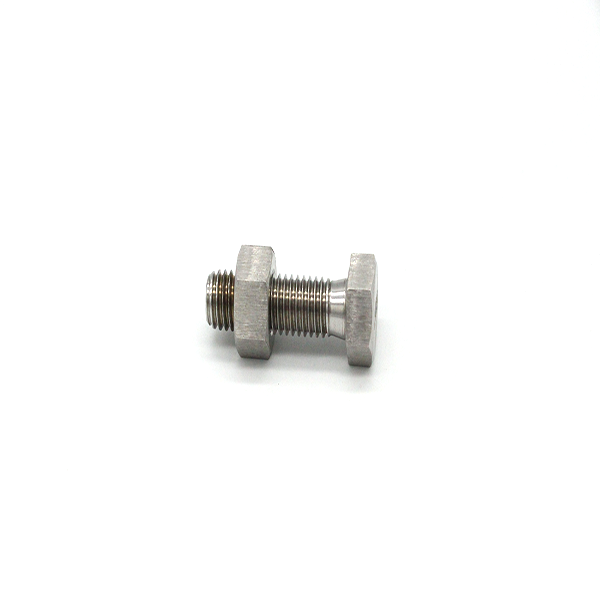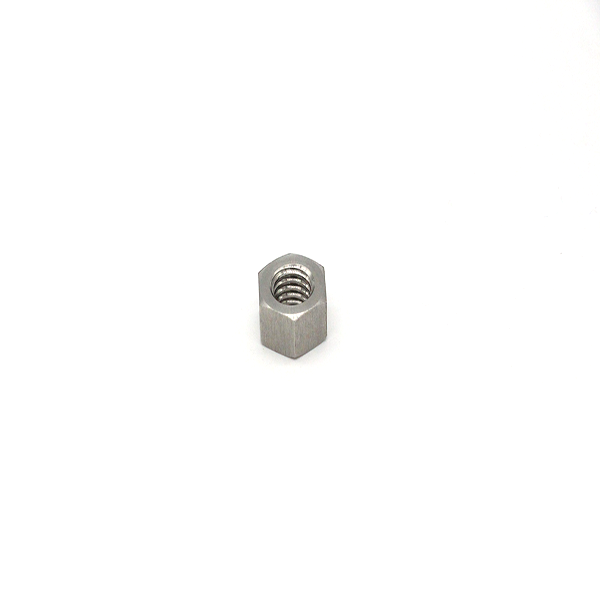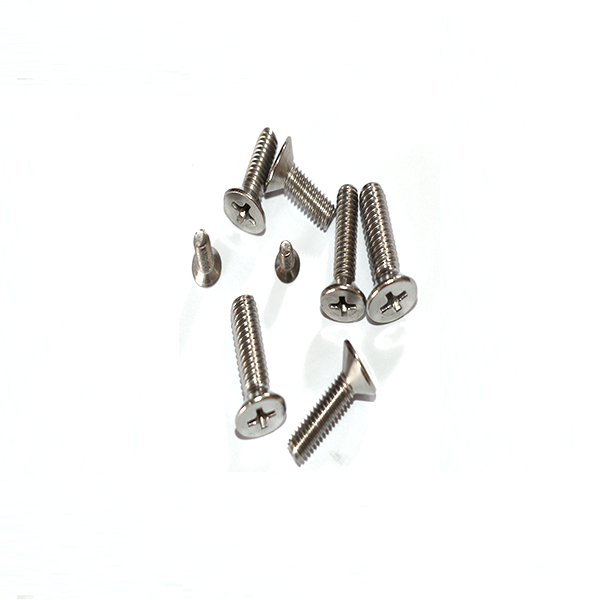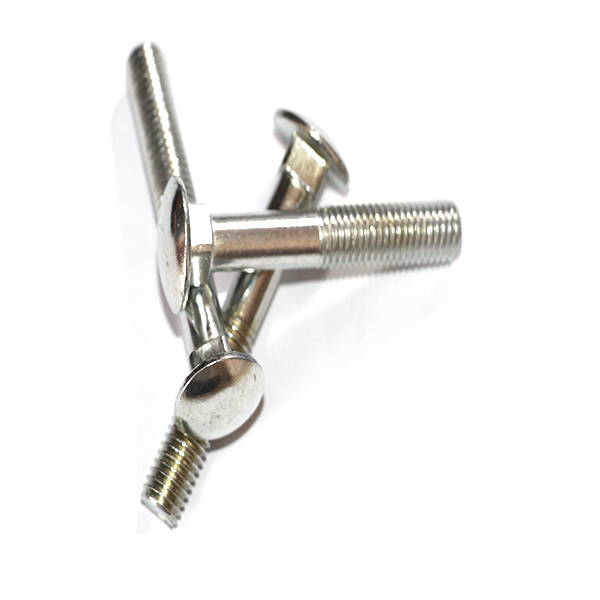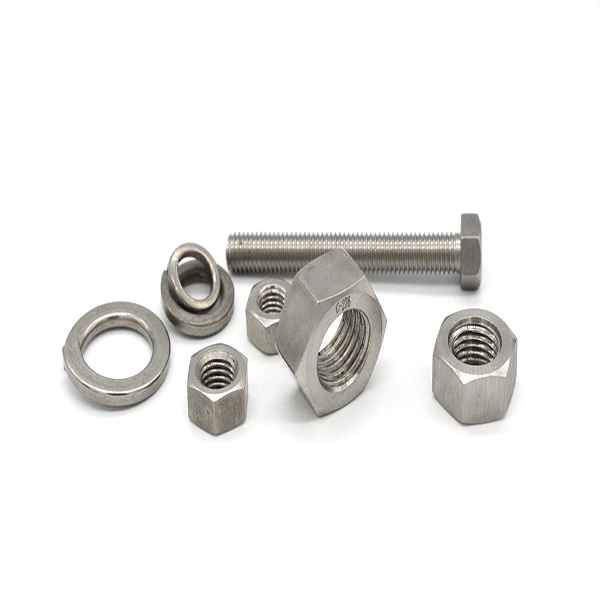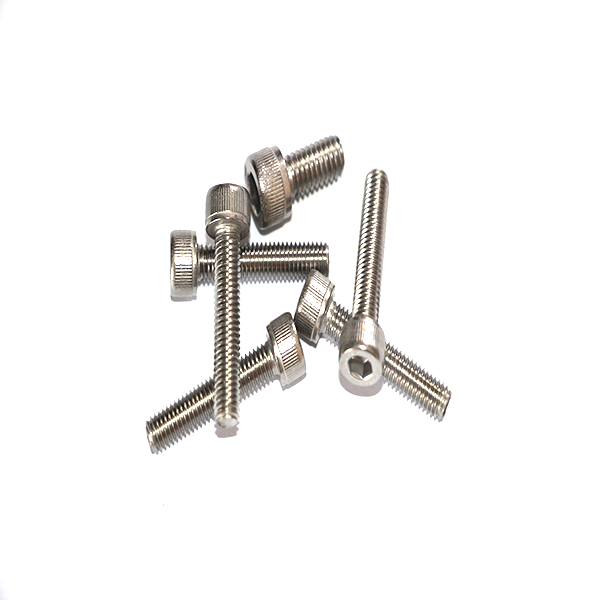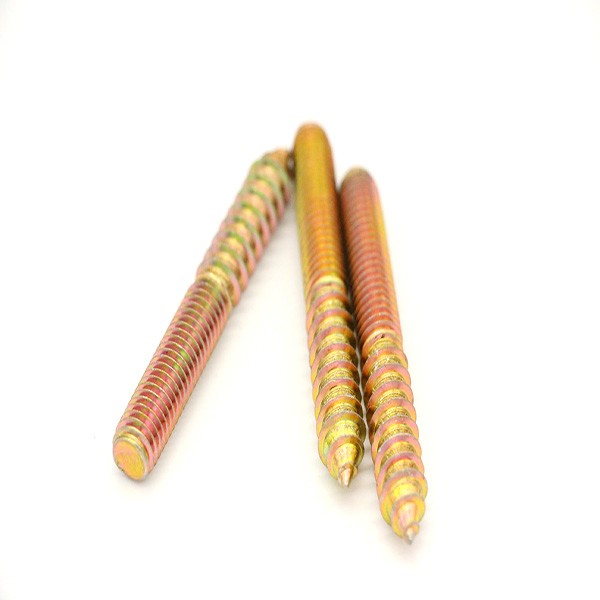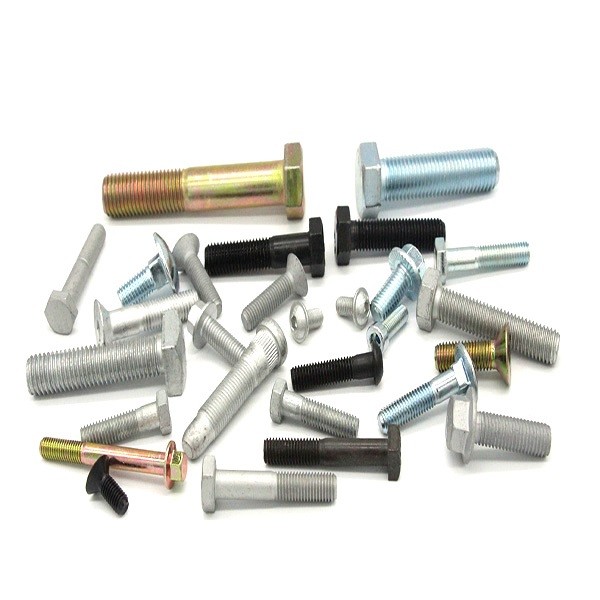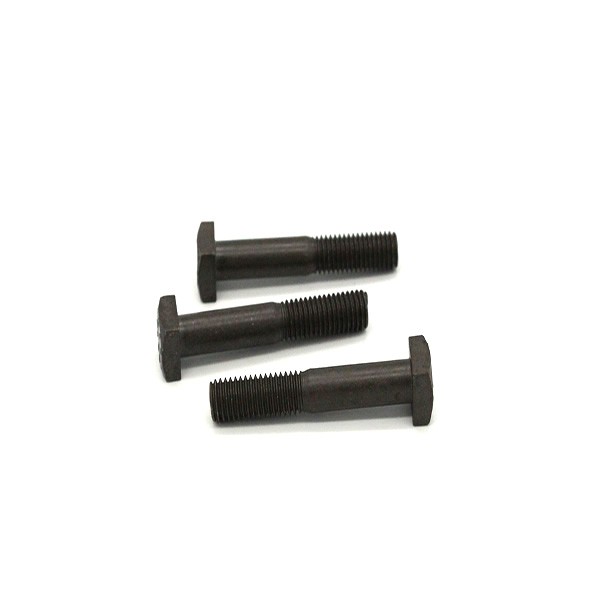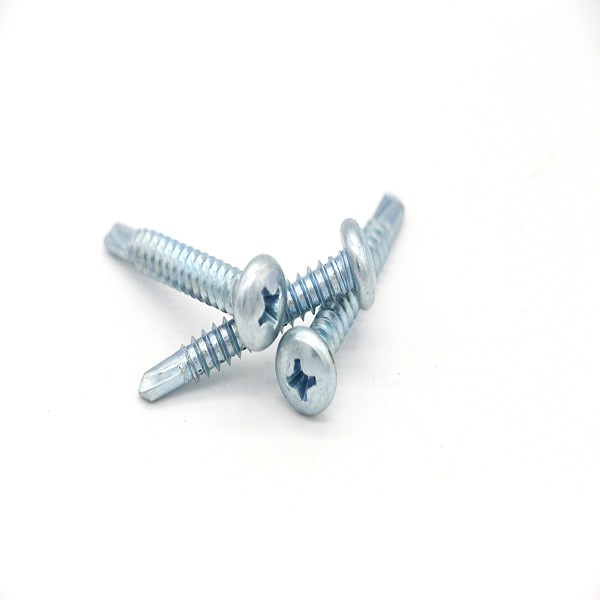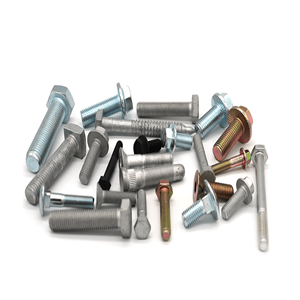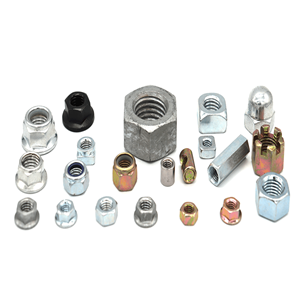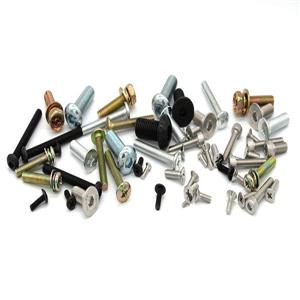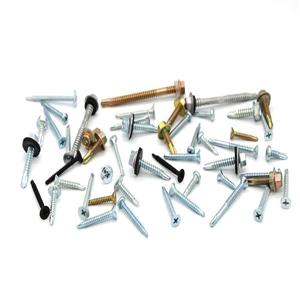-
0903-2020
Introduction of Monel to fastener production materials
Monel is also called nickel alloy. It is an alloy based on metallic nickel and adding other elements such as copper, iron, and manganese. Has many excellent characteristics.
-
0703-2020
Inconel alloys introduction of fastener product materials
Inconel alloys are generally known for their resistance to oxidation and their ability to maintain their structural integrity in high temperature atmospheres. There are several Inconel alloys that are used in applications that require a material that does not easily succumb to caustic corrosion, corrosion caused by high purity water, and stress-corrosion cracking. While each variation of Inconel has unique traits that make it effective in different circumstances, the majority of the alloys are used frequently in the chemical industry. Inconel 601 is a nickel-chromium alloy that has additions of aluminum. These additions increase its resistance to oxidation and various forms of corrosion. This has made Inconel 601 a common material in heat treating equipment, furnaces, and gas-turbine components. Inconel 690 has a similar makeup to 601, but it is considered a high chromium-nickel alloy. The high chromium content in 690 makes it especially resistant to corrosion that occurs from salts, oxidizing acids, and other elements commonly found in aqueous environments. Inconel 625 differs from many of the other Inconel alloys because its composition includes substantial amounts of nickel, chromium, and molybdenum. It also has an addition of niobium. The result is an alloy that possesses high levels of strength without ever having to go through a strengthening heat treatment. Inconel 625 is especially effective at resisting crevice corrosion, making it a chosen material in the aerospace and marine engineering industries.
-
0403-2020
Stainless steel fasteners we often encounter is the problem of stainless steel standard parts locking
Stainless steel fasteners We often encounter the problem of stainless steel standard parts locking. So why do stainless steel fasteners always lock up? What is the reason! Why haven't you heard that the standard parts of iron do not lock up? This may be seen from the two materials of stainless steel and iron. Stainless steel standard parts are relatively soft and have good ductility. The hardness of stainless steel standard parts is SUS316. Compared with the hardness of iron standard parts, they are softer than iron standard parts of 8.8. Fastener users often reflect: Why do stainless steel fasteners sometimes lock up, and similar phenomena do not often occur when using carbon steel fasteners, are stainless steel fasteners softer and carbon steel? Why are fasteners relatively hard? That's right! There is a fundamental difference between stainless steel and carbon steel. Stainless steel has good ductility, but its hardness is somewhat different from carbon steel.
-
0303-2020
Introduction to stainless steel fasteners (2)
Stainless steel standard parts have their own requirements for raw materials. Most stainless steel materials can be made into steel wire or bar for fastener production, including austenitic stainless steel, ferritic stainless steel, martensitic stainless steel, precipitation hardening stainless steel. So what are the principles when selecting materials?
-
0203-2020
Introduction of Hastelloy materials for fastener products
Hastelloy C-276 alloy is a tungsten-containing nickel-chromium-molybdenum alloy with extremely low silicon-carbon content and is considered to be a universal corrosion-resistant alloy.
-
2802-2020
Introduction of stainless steel fasteners (1)
"Stainless steel fasteners" is a specific term concept covering a wide range of products. Stainless steel fasteners are often used for fastening of more expensive machine parts because of their beauty, durability, and strong corrosion resistance. With the progress of society, higher requirements have been put forward for stainless steel standard parts.
-
2702-2020
Broken taps and drills in the workpiece make people depressed: 25 solutions
No matter what kind of industry, as long as it is assembly, it is basically inseparable from the thread, and the thread is essential for tapping. When it comes to tapping, my friends, you may know more or less. Because it is common for broken taps to appear during processing. Therefore, Xiaobian here is to provide some insights for the master of the fitter, machine tapping, the removal method of broken taps, for your reference.
-
2602-2020
On the selection of high-strength bolts and their product processing technology ...
In the machinery manufacturing industry, a large number of bolt parts need to be applied. Bolt parts are divided into corresponding 10 grades according to their basic properties and performance. Among them, bolt parts with a performance level greater than 8.8 are called high. Strength bolts. High-strength bolts have higher strength and surface hardness, and can be widely used in metal smelting and machinery manufacturing industries. We should fully study the material selection and processing technology of high-strength bolts to ensure that high-strength bolts can meet the requirements of related industries. Demand, so as to enable products in various industries to carry out effective quality assurance, improve product safety and practicability, and then improve the economic and social benefits of related industries.
-
2502-2020
Talking about the influencing factors of bolt tensile test ...
The tensile strength of a bolt refers to the maximum tensile force that the bolt can withstand before being broken in the axial direction. It is the critical value for the transition from uniform plastic deformation to locally concentrated plastic deformation, and it is also the maximum load under static tensile ability. The yield strength of a bolt refers to the phenomenon that the stress does not increase or fluctuates within a small range during the tensile test of the bolt, but the phenomenon of rapid increase in strain occurs.
-
2402-2020
Summary of glossary of metal materials and heat treatment
Today we will learn the terms related to metallurgy and heat treatment:

